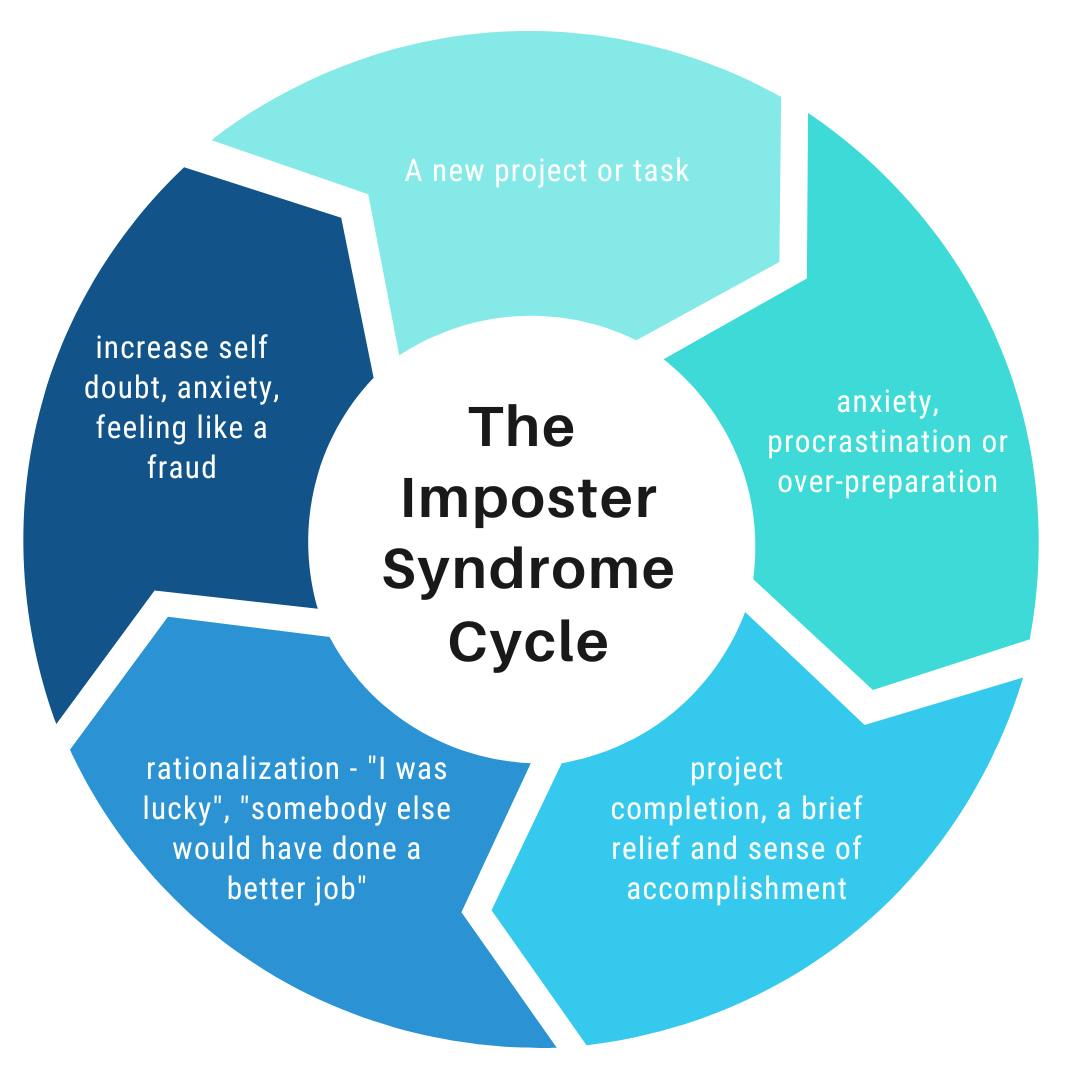Table of contents
No headings in the article.
What the Imposter Syndrome really is ?
Imposter syndrome is described as “feelings of self-doubt and personal incompetence that persist despite your education, experience and accomplishments.” Given the demanding transition from school into the tech industry, it is not hard to see why a majority of tech workers or student feel imposter syndrome at some point in their career.
How does imposter syndrome feels like?
Imposter syndrome, also called perceived fraudulence, involves feelings of self-doubt and personal incompetence that persist despite your education, experience, and accomplishments. To counter these feelings, you might end up working harder and holding yourself to ever higher standards.
Signs that you may have Imposter Syndrome
Now let's talk about what signs one can face if he/she is suffering from imposter syndrome
- Feeling inadequate in terms of intelligence , ability etc
- Unable to internalize accomplishment and be proud of one's own intelligence, and skills
- Not believing you earned your success through your own effort.

Is imposter syndrome good for you?
Yes you heard it right, sometimes it can be good for you.
- Intrinsic motivation comes to work even more harder
- Ambitious work ethics
- Curiosity and Mental flexibility
- Stronger decision making ability
How to overcome
Now let's come to the most important part of this topic is how to overcome it?
- Do share your feelings
- Celebrate your Success
- Don't run behind perfectionism -Introspect yourself
- Share your failure and accept it
At the end I would like to mention a quote by whom I admire the most as a tech student Kunal Kushwaha which goes like "Imposter Syndrome is real and there isn't any shame in not being skilled. But there is shame in staying that way"
